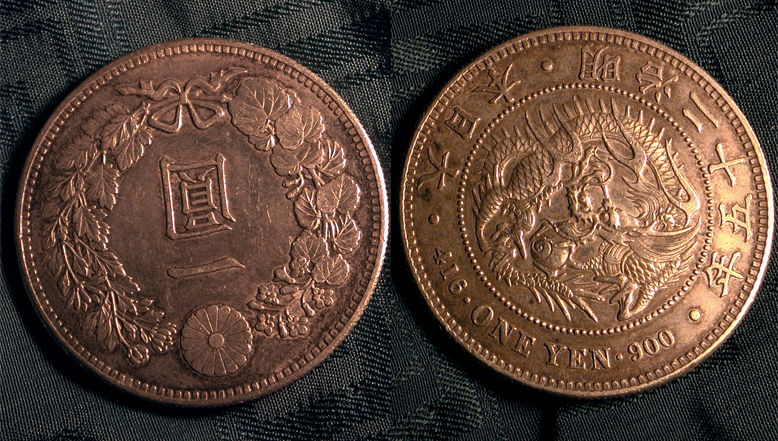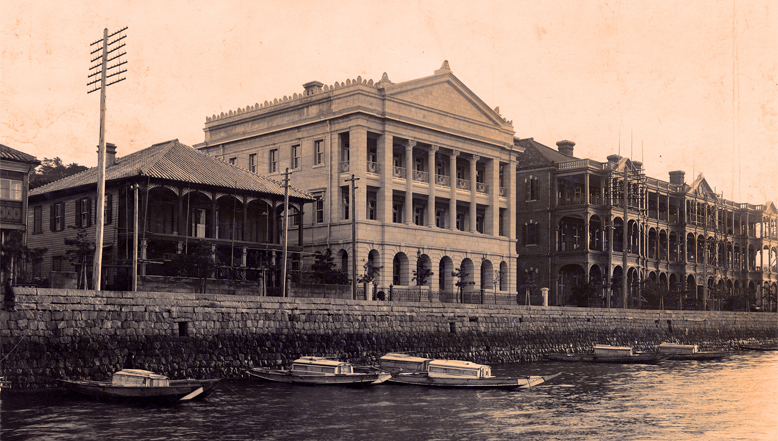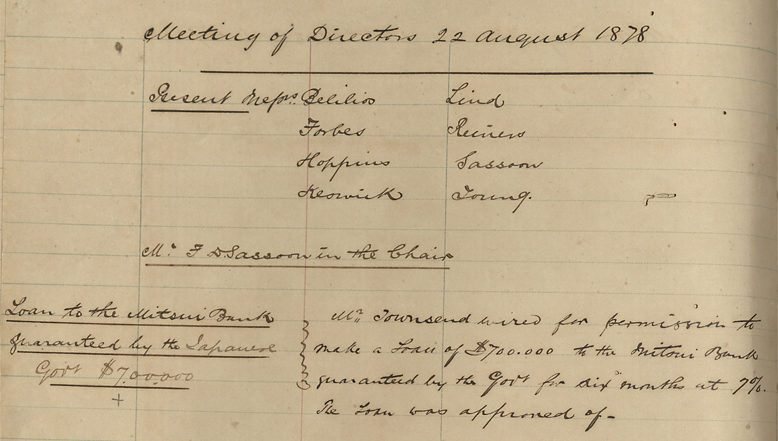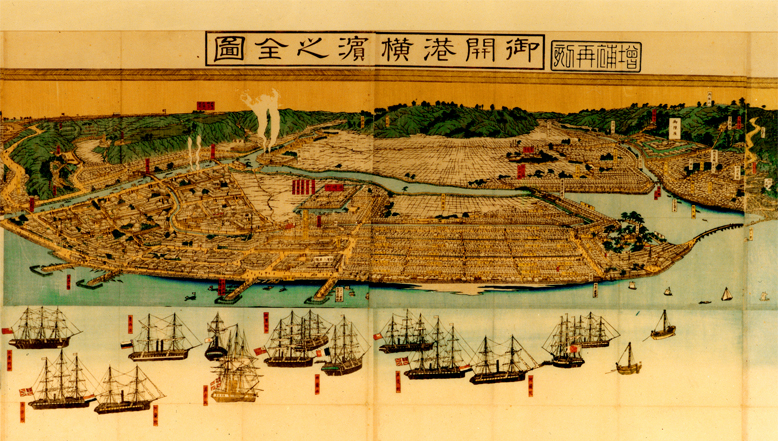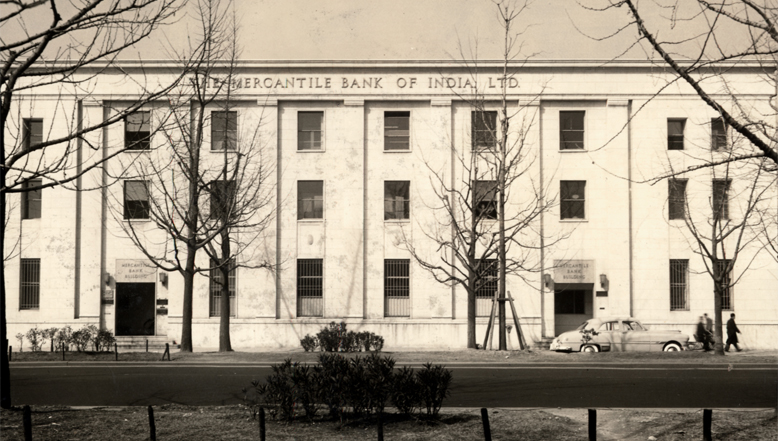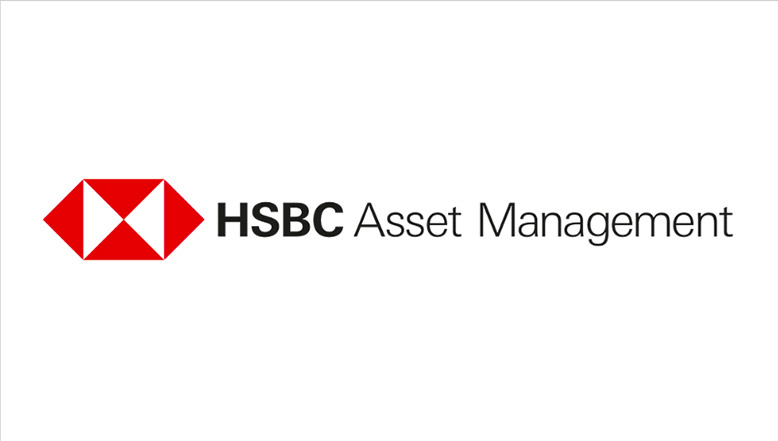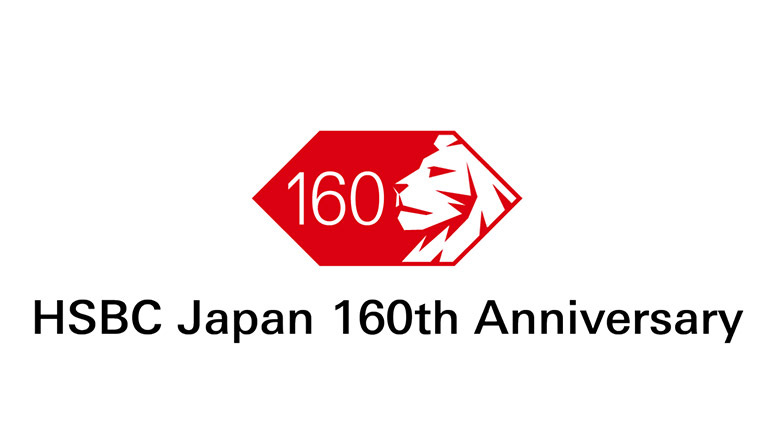HSBC’s founder, Thomas Sutherland, was instrumental in establishing a shipping business running between Hong Kong to Yokohama and Nagasaki
HSBC in Japan

Our services
HSBC in Japan offers a range of financial products and services including asset management, commercial banking, trade services, project export finance, cash management and treasury, capital markets, securities and custody services.
HSBC’s companies in Japan
Read the text-only version of this chart
Sharing of customer non-public information within HSBC Group based on the new opt-out regime and other important announcements
Please refer to Important Announcements for Sharing of Customer Non-Public Information within HSBC Group based on the New Opt-Out Regime and other important announcements.
Please refer to Legal Information for other Japan Regulatory Disclosures.
Company information
Please refer to HSBC Tokyo Branch for company information on The Hongkong & Shanghai Banking Corporation Limited, Tokyo Branch.
Please refer to HSBC Securities (Japan) Co., Ltd. for company information on HSBC Securities (Japan) Co., Ltd.
Please refer to HSBC Asset Management (Japan) Limited for company information on HSBC Asset Management (Japan) Limited.
Our headquarters
HSBC Building
11-1, Nihonbashi 3-chome,
Chuo-ku,
Tokyo
103-0027
Our CEO
Takeo Kaneko
CEO and Head of Banking, HSBC Group Japan
Our history in Japan
In the aftermath of the commercial treaties between Japan and the prominent trading nations of the West in the 1850s, there was a need for banking services to support the changing Japanese economy. HSBC established its presence in Yokohama in 1866. This was followed by branches in Kobe in 1869, Osaka in 1872, and Nagasaki in 1896.
The bank helped finance Japan’s growing trade with the wider world. The value of foreign trade virtually doubled every decade from the 1860s until the early 20th century.
HSBC also provided the Japanese government with assistance and advice on the introduction and adoption of the yen as the national currency. In 1879, the Japanese government deposited JPY300,000 on condition that HSBC’s Yokohama branch would accept silver yen as currency.
In the early part of the 20th century, HSBC was involved in a number of large loans to Japan, with some GBP250 million lent to the government and Japanese cities. These loans were used to fund industrial and infrastructure projects, particularly railway, waterworks and harbour construction.
After the Great Kanto Earthquake in 1923 which destroyed the Yokohama office, HSBC opened its Tokyo office in 1924.
HSBC was one of the first banks to send a representative to Japan after the end of the Second World War and in 1947 the Tokyo and Kobe offices were reopened. The bank was instrumental in restarting trade between Japan and the sterling area by agreeing to extend a credit line of GBP20 million.
Inclusion
At HSBC, we have always brought different people and cultures together. Diversity and inclusion is an important part of who we are.
We’re building a more accurate and transparent view of our diversity across HSBC so we can effectively target our actions, measure progress and hold ourselves to account.
At HSBC, pay gaps are a key indicator of balance in our workforce, as they show the difference in average pay between two groups. Where gender pay gaps exist, they show the extent to which women are under-represented in senior and higher paid roles and over-represented in junior and lower paid roles. The actions we are taking to improve representation across the organisation will be a key priority in the coming years.
View our gender pay data for 2024.
Contact us
To overseas personal account holders visiting Japan:
We regret to inform you that we do not provide any retail banking services, including ATM services, for HSBC overseas personal account holders in Japan. If you require any support relating to your overseas personal account while visiting Japan, please contact your home branch directly. We apologise for any inconvenience this may cause.
The Hongkong and Shanghai Banking Corporation Limited
-
Tel: 03-5203-3000 (9:00 - 17:00 from Monday to Friday)
Tokyo branch
-
HSBC Building, 11-1, Nihonbashi 3-chome, Chuo-ku, Tokyo 103-0027
HSBC Securities (Japan) Co., Ltd.
-
Tel: 03-5203-3111 (9:00 - 17:00 from Monday to Friday)
HSBC Asset Management (Japan) Limited
-
Tel: 03-3548-5690 (9:00 - 17:00 from Monday to Friday)

Carers need more tailored financial support Opens in new window
We have a responsibility to step in and address the financial challenges faced by carers – and to help them find the tailored financial support that they need, says Steve Reay.

Younger generations investing with greater confidence Opens in new window
Younger generations of savvy, digital natives are investing in their financial futures with more confidence and control than older generations, says Jenny Wang.

It’s difficult to define the value of art Opens in new window
The urge to collect art is driven by very different desires to those behind building a stock or bond portfolio, says Russell Prior.


